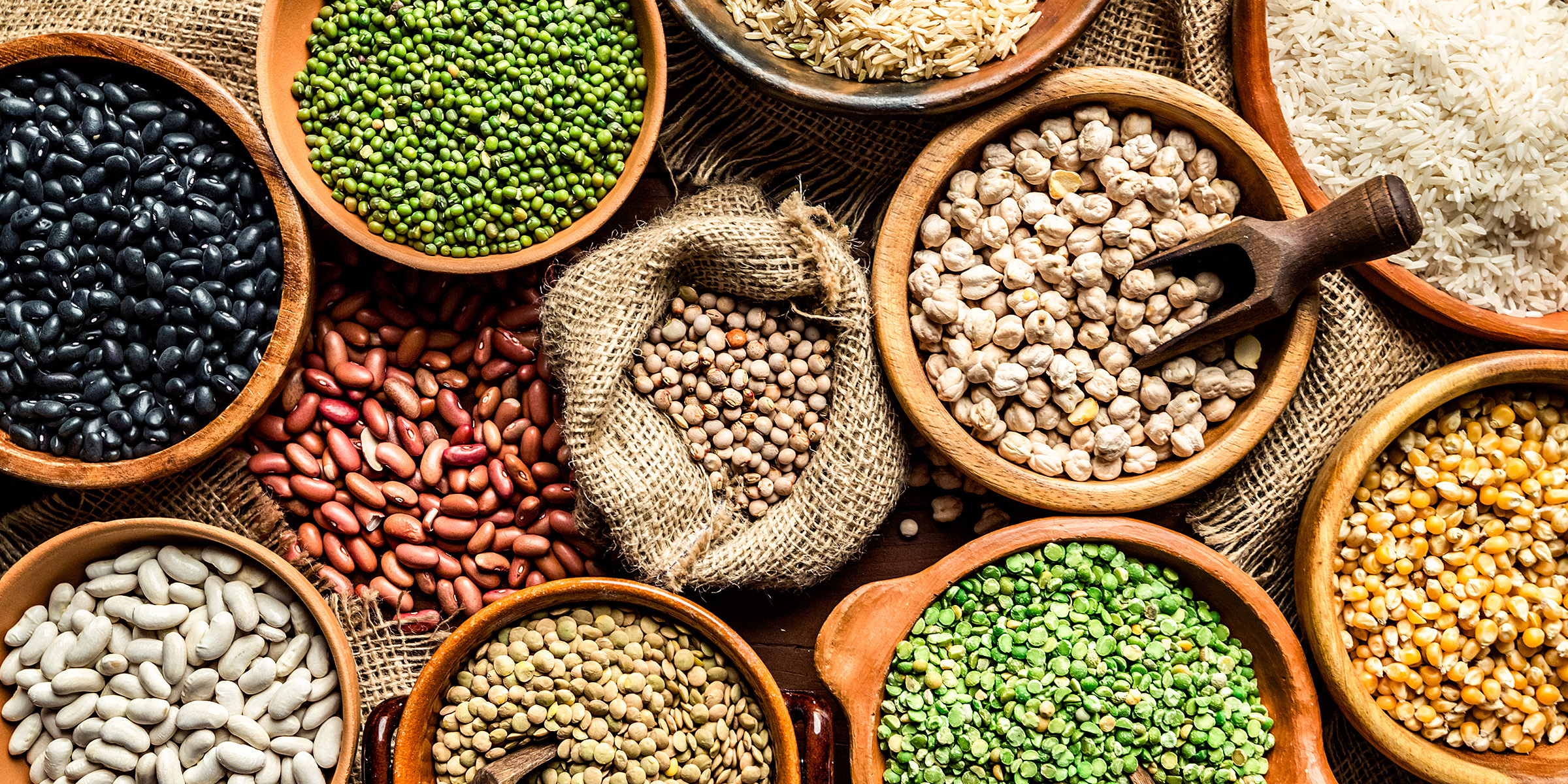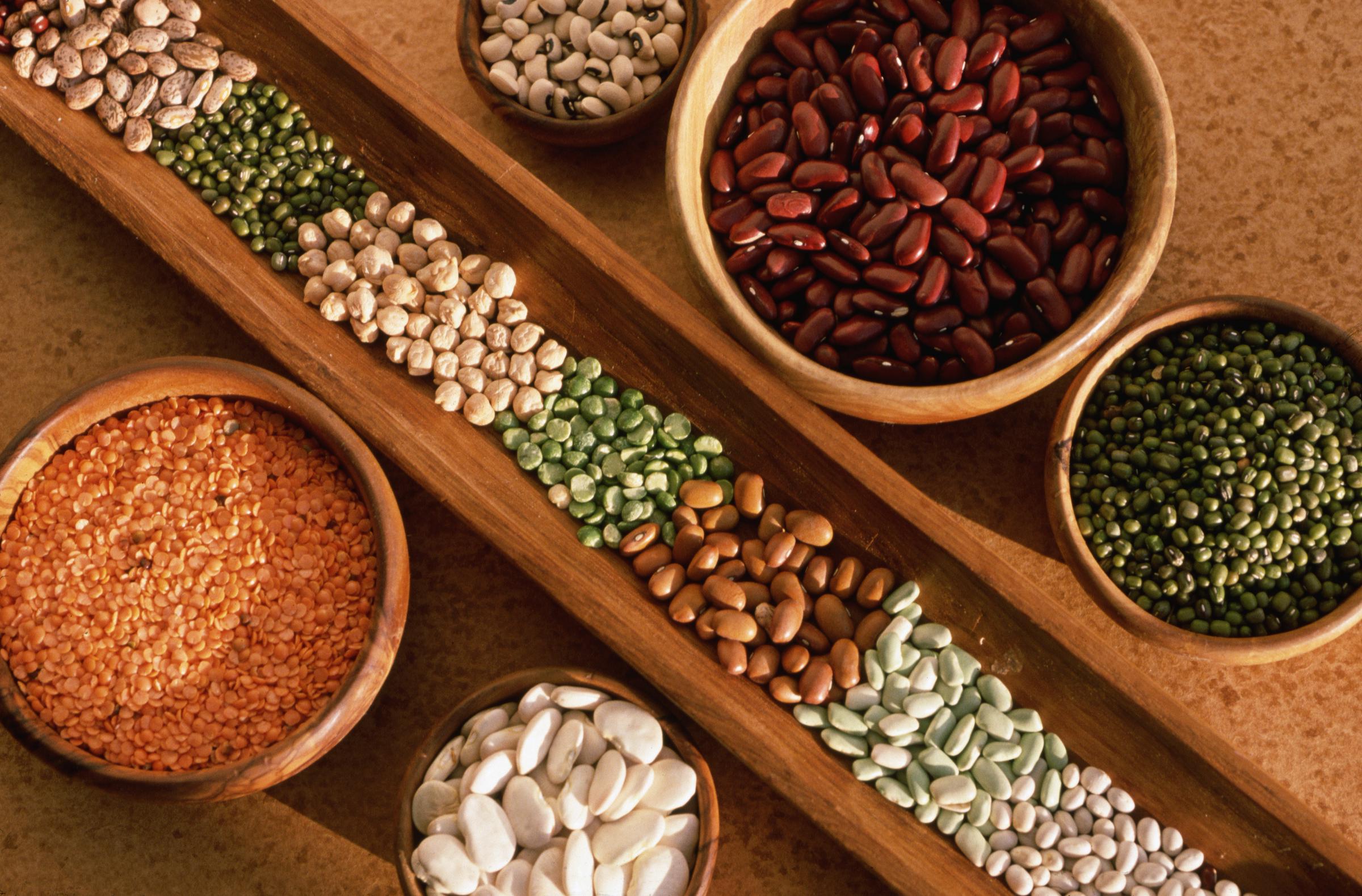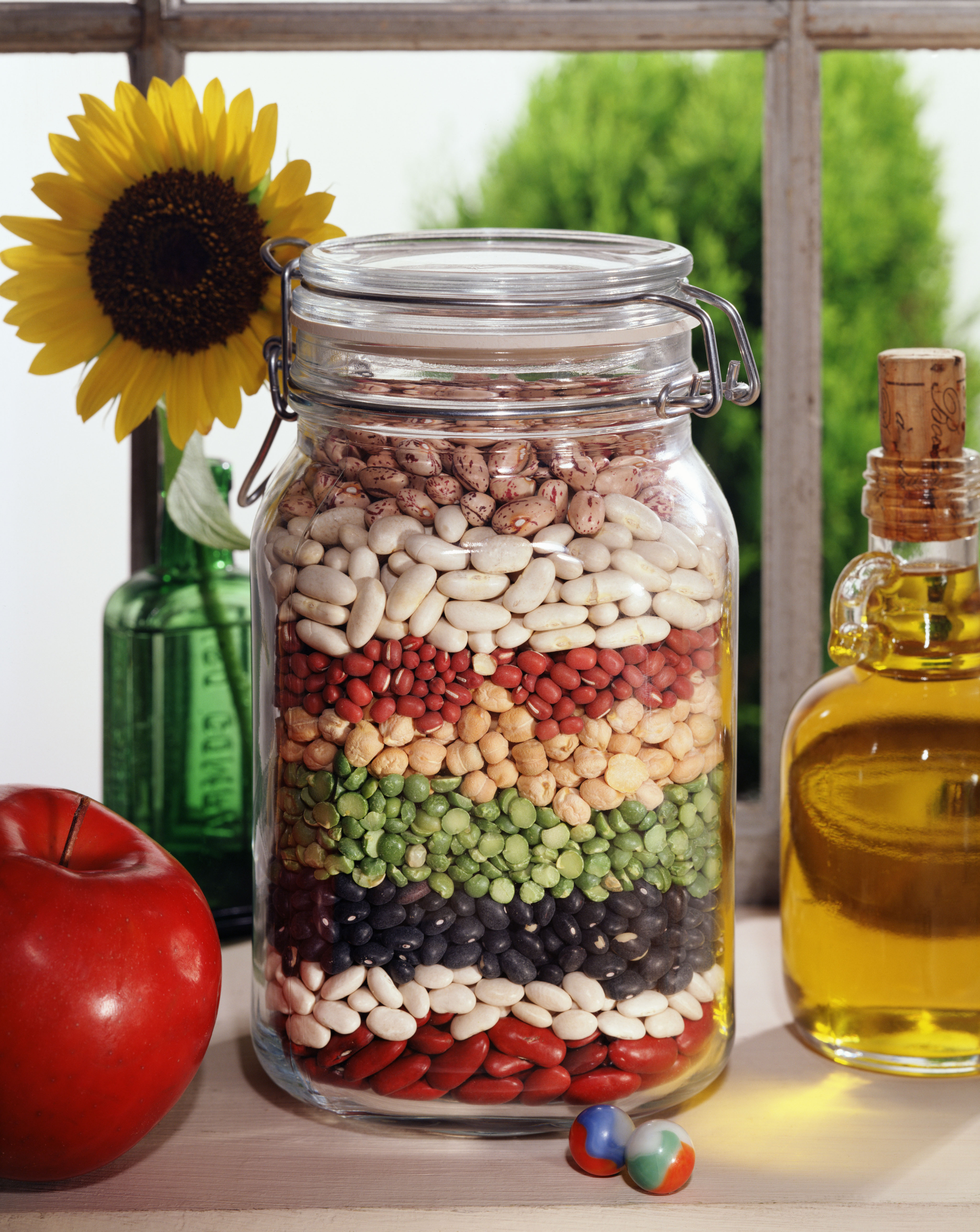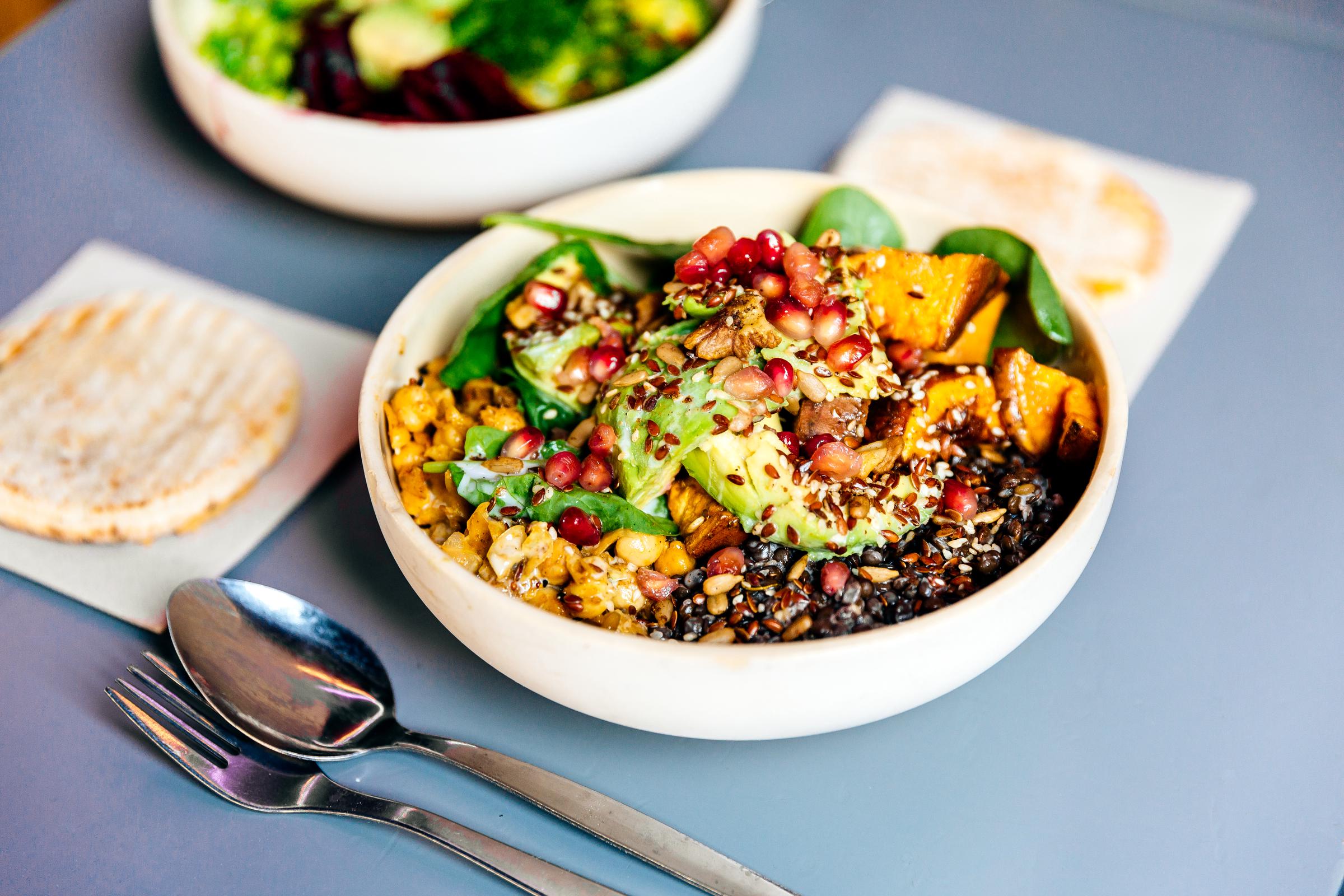
Bean Power: Why Nutritionists Want You to Eat More Legumes
For the longest time, we've come to know lean meats, seafood, and a selection of dairy foods as the primary sources of protein — an essential part of a balanced diet. However, experts are now recommending we prioritize a lesser-known source: legumes.
Known for their infamous ability to cause flatulence — and as an excellent source of fiber — researchers have found that beans are a much more effective source of protein compared with their counterparts.
Yes, that includes meat, poultry, seafood, and dairy products. Food scientists are now saying that beans and their legume cousins, including peas and lentils, should take up more space on your plate. If you want to understand why, read on.

Bowls of beans and lentils | Source: Getty Images
What Are Legumes?
Before we dive into the research, let's begin with a basic definition. Legumes, scientifically known as the Fabaceae or Leguminosae family, are the third-largest family of flowering plants, with over 20,000 species falling under the family tree.
They are widely considered a nutritious staple in a healthy diet and are an affordable source of protein, vitamins, complex carbohydrates, and fiber. They include beans in their various forms (kidney, black, pinto, navy, chickpeas, etc.), lentils, and peas.
They offer a multitude of benefits and can help prevent a variety of chronic diseases, including cardiovascular disease, cancer, diabetes, obesity, and digestive issues. They can also be enjoyed with various meals due to their diverse flavor profiles.

A jar of assorted beans | Source: Getty Images
Why Are Experts Recommending We Eat More Legumes?
In late 2024, a study released by 2025 U.S. Dietary Advisory Committee suggested it was best to move lean meats to the bottom of the list of protein sources.
The researchers found that swapping one animal source of saturated fat with another animal source with less saturated fat, such as lean meat, made little difference to one's health. Committee member Dr. Christopher Gardner, a research professor of medicine at the Stanford Prevention Research Center in California, explained:
"What we're recommending is that the protein section of MyPlate, the government's food guide on how to eat a healthy diet, start with beans, peas and lentils. We advised that meat, including lean meat, should be moved to the end of the protein list."
Dr. Gardner attributed the lack of difference to fiber. "There's no fiber in meat," he said. "When you go from one animal source to beans, peas and lentils or grains and veggies, however, not only do you have less saturated fat, but you also have fiber. And so those results on health were much more compelling."

Chickpeas stew with spinach and boiled egg | Source: Getty Images
Eating Legumes Is Good for the Planet
This might come as a surprise, but consuming more legumes can have a significantly positive impact on climate change in the U.S. alone. For example, cows burp and fart methane, which contributes to climate change, according to the Center for Biological Diversity.
Cattle also require 20 times the amount of land compared to plants such as legumes. Dr. David Katz, a specialist in preventive and lifestyle medicine who founded the nonprofit True Health Initiative, shared more insight.

A vegetarian bowl | Source: Getty Images
"In 2017, a study led by researchers at Loma Linda University indicated that if most Americans would swap out beef for beans in their diets as a matter of routine, it would achieve — by itself — nearly 2/3 of the greenhouse gas emission reduction pledged by 2020 by the Paris Agreement, a legally binding international treaty on climate change," Dr. Katz said.
So, as you can see, it's a win-win situation.By making legumes a regular part of your diet, you’re not only nourishing your body with high-quality protein and essential nutrients but also making a positive impact on the planet. A simple swap from meat to beans could be one of the easiest — and most meaningful — changes you make for your health and the environment.
The information in this article is not intended or implied to be a substitute for professional medical advice, diagnosis or treatment. All content, including text, and images contained on WomanlyLive.com, or available through WomanlyLive.com is for general information purposes only. WomanlyLive.com does not take responsibility for any action taken as a result of reading this article. Before undertaking any course of treatment please consult with your healthcare provider.
